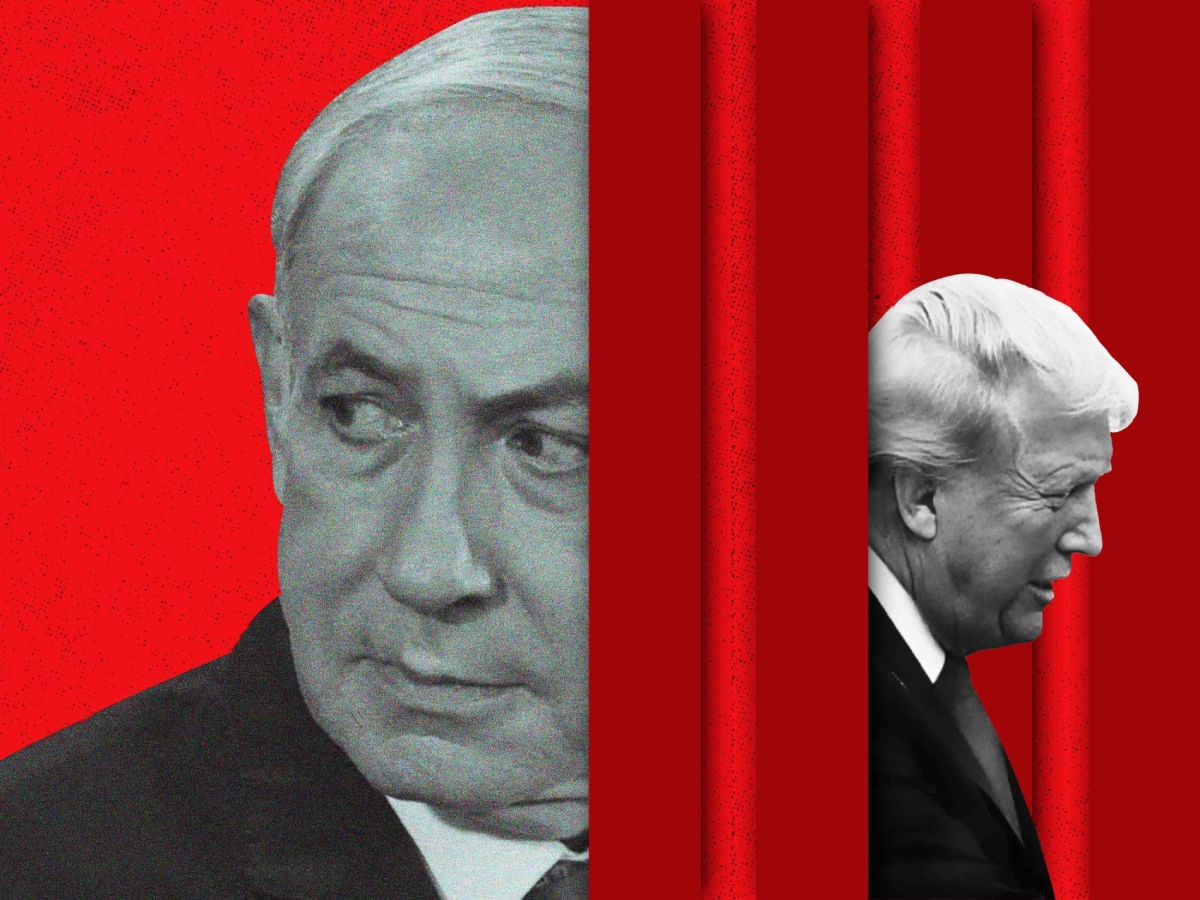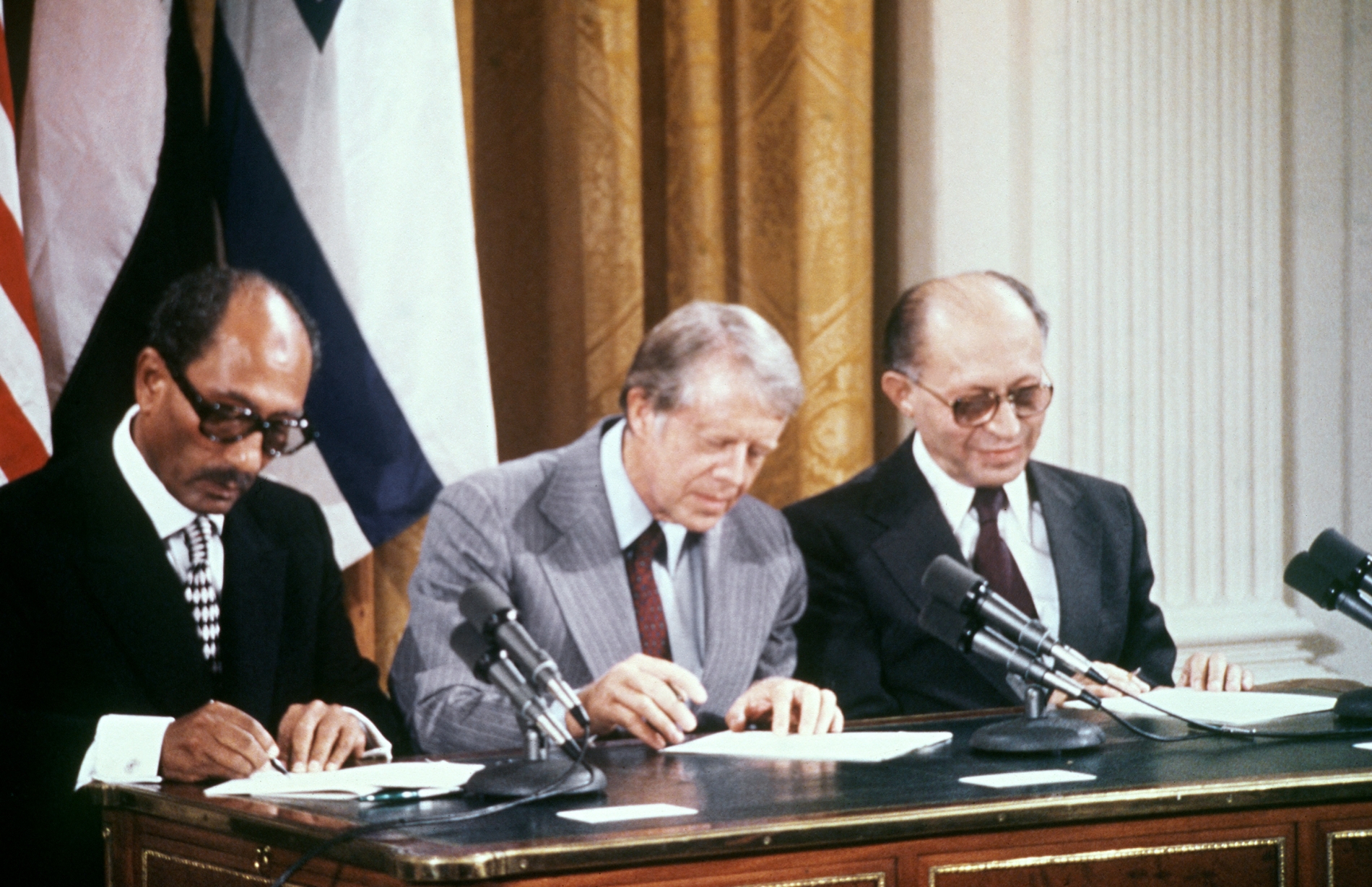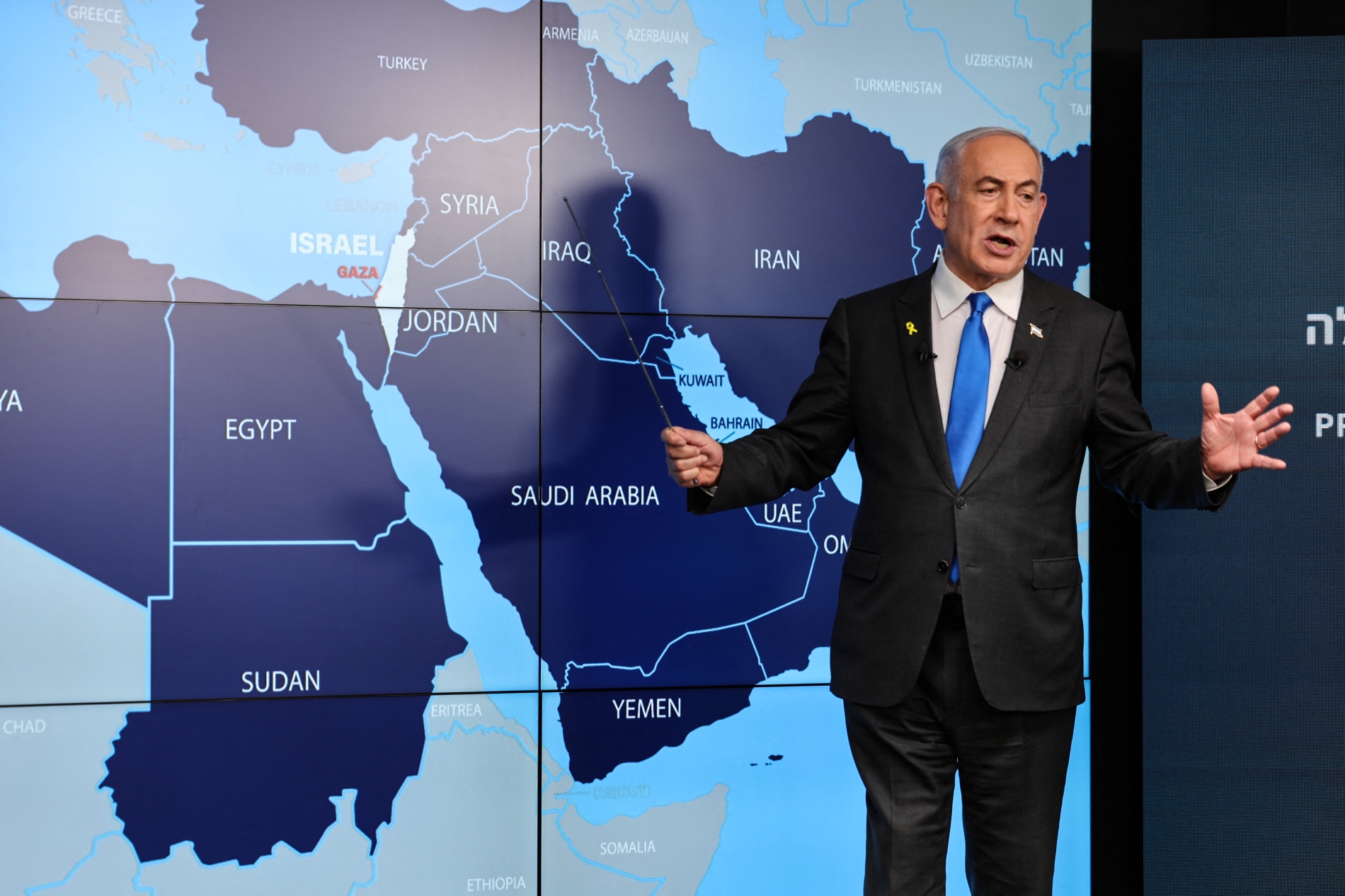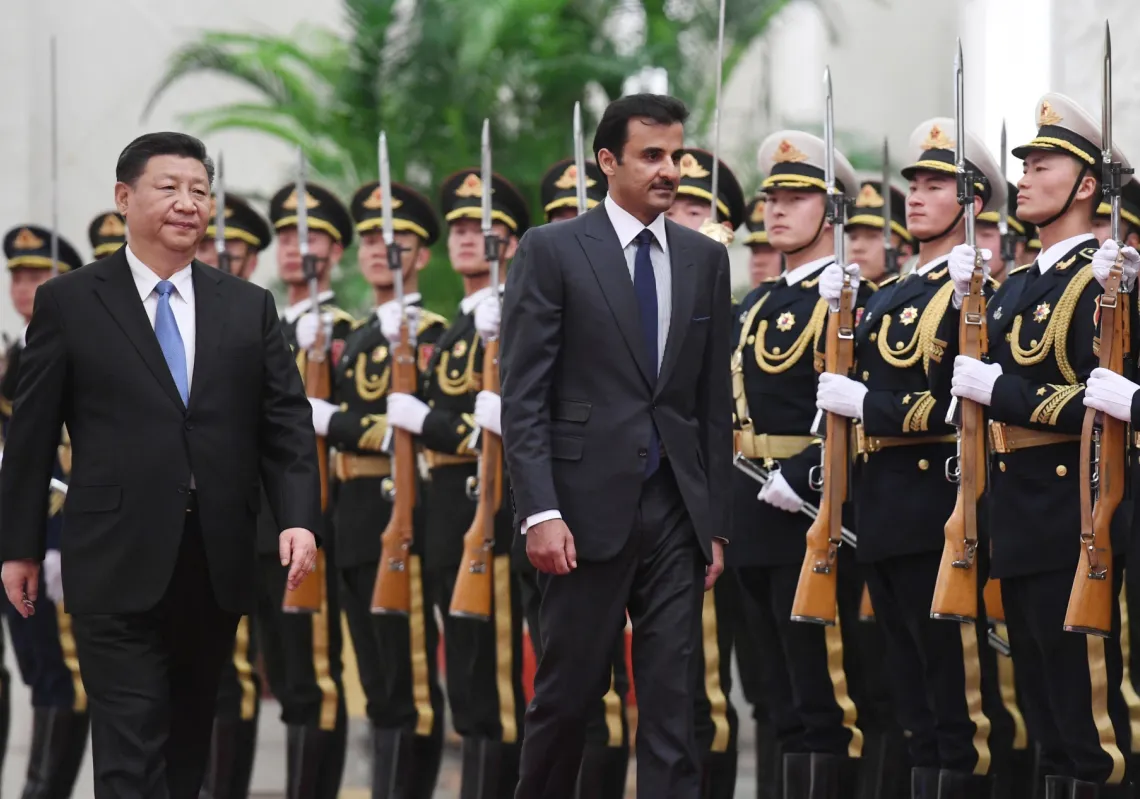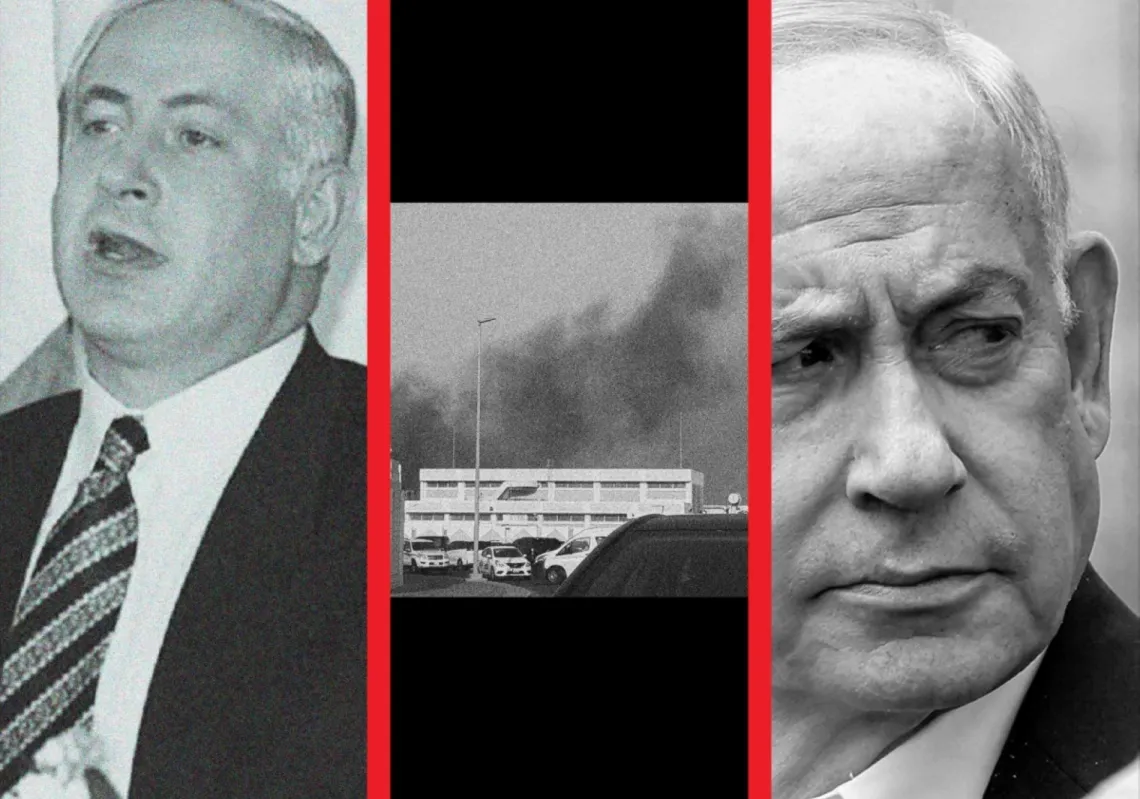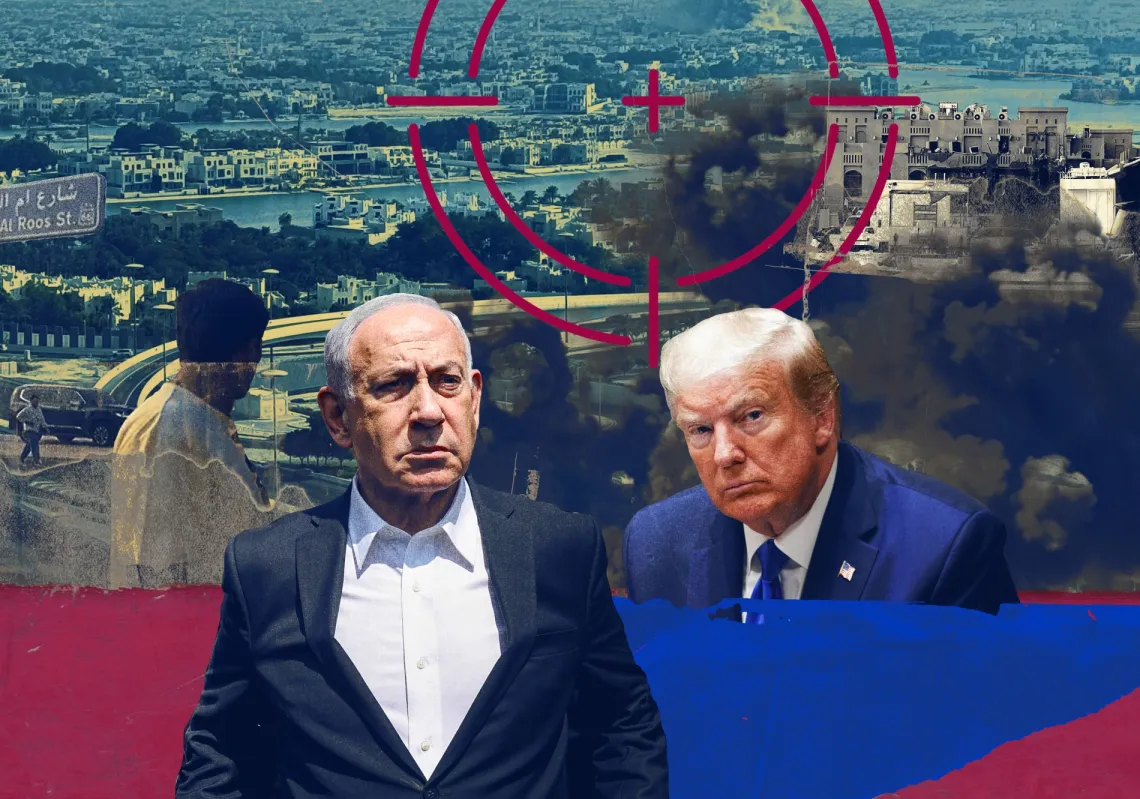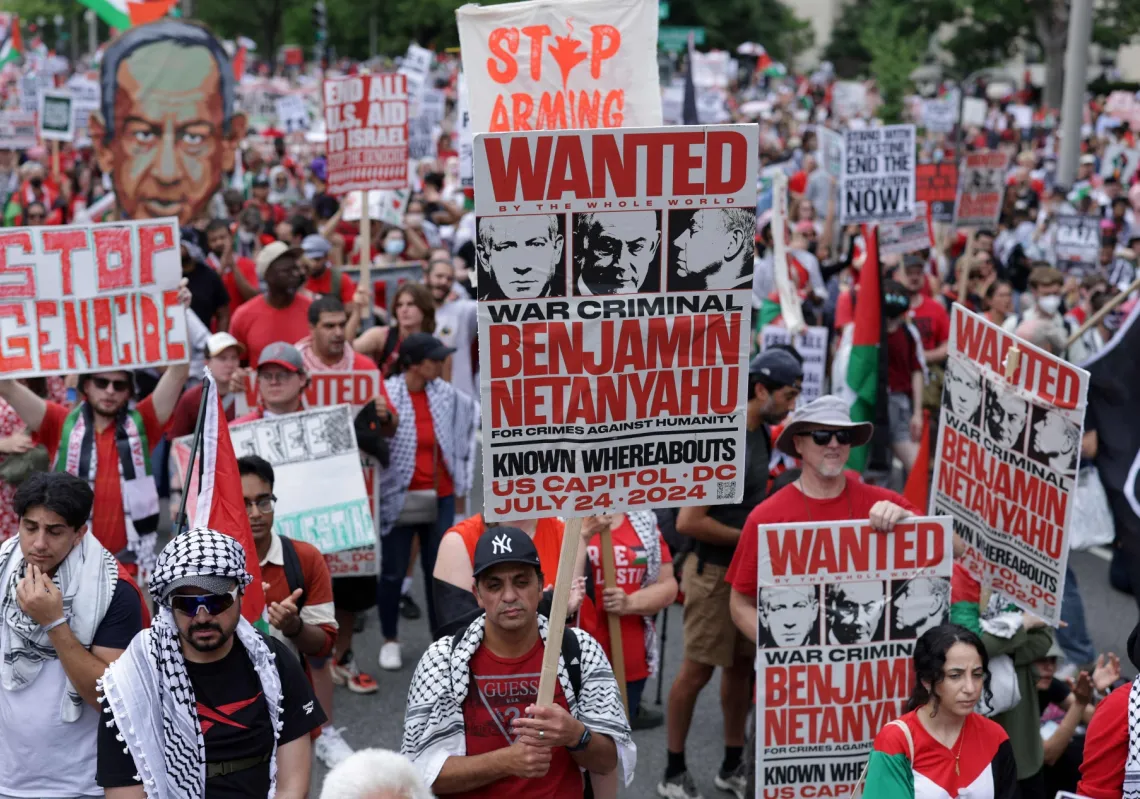Warring states have long applied military pressure to force a better deal in negotiations. The government of Israel, led by Benjamin Netanyahu, appears to have taken a different approach, choosing not only to bomb Hamas in Gaza but to bomb the group's negotiators, as it did in Qatar on 9 September.
The Doha bombing undermined the hostage negotiations and led to a deterioration in relations not just with Qatar as a mediator, but with the United States as an ally, inviting global isolation by violating international law. Netanyahu will not care, because his broader aim is to establish a ‘Greater Israel’.
Recent Israeli military actions across Iran, Yemen, Lebanon, Syria, and Gaza demonstrate not merely a narrowing of negotiating possibilities with Israel’s adversaries, but rather an attempt to eliminate negotiating partners entirely. Indeed, Netanyahu’s intentions were well illustrated by the targeting of Hamas’s delegation in Qatar—a mediating state—without adequate prior consultation with the United States.
Naturally, Israel incurred not only Qatar’s wrath but also that of US President Donald Trump, who has always been supportive of Israel. To some, Netanyahu’s quest for military victory is now being pursued without thought to the diplomatic costs, including its relationship with the US, its chief ally. This is a high-risk gamble that could precipitate the collapse of his government.
Netanyahu must have calculated the risk when he ordered eight F-15 and four F-35 fighter jets to attack Hamas's political leadership in Doha, who had gathered to discuss a US-proposed ceasefire plan.
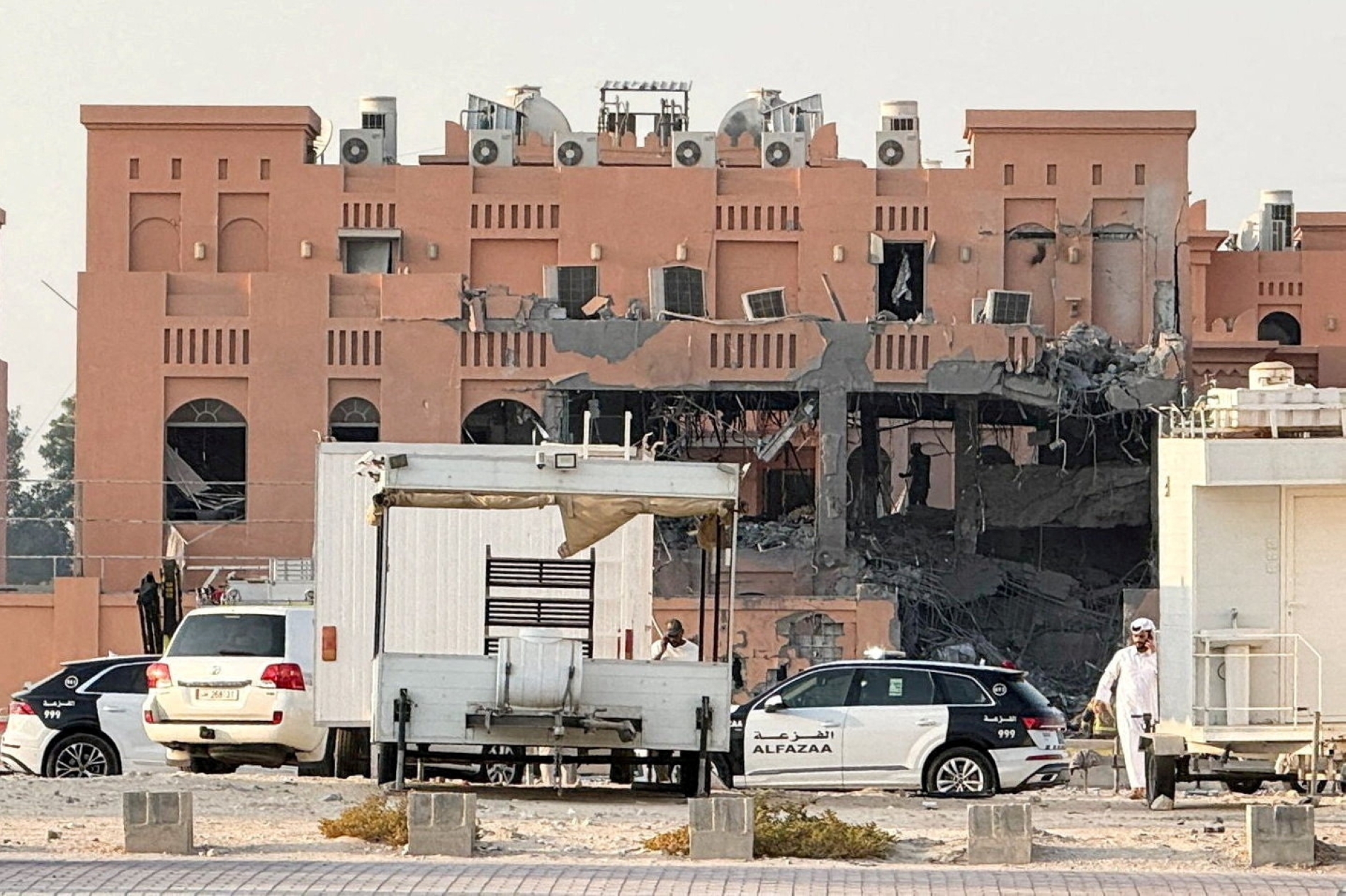
But the operation was a tactical failure. The Hamas leaders—including top figure Khalil al-Hayya—survived, even though a 22-year-old Qatari security officer and five lower-level Hamas members were killed, including al-Hayya’s son.
It also caused a diplomatic mess. Qatari Prime Minister Sheikh Mohammed bin Abdulrahman Al-Thani looked bewildered during a CNN interview regarding Israel’s actions, calling it “state terror” that had “crushed any hope of hostage liberation”. Netanyahu had said that Hamas officials in Qatar should be “eliminated or prosecuted”. Al-Thani said that it was Netanyahu who should be prosecuted, urged Arab states to consider a “regional response,” and explained that by bombing the mediation venue, Israel was putting the whole mediation process at risk.
Netanyahu said the attack was “an attempted assassination of terrorist leaders” and described it as an “unavoidable action for national security,” adding: “If they (the Hamas leaders) remain alive, they shall not escape next time.” Will there be a next time? President Trump said he was “very unhappy about it, unhappy about every aspect,” expressing his dissatisfaction with Israel and vowing it will never happen again. But one wonders what he said to Netanyahu in private. Indeed, the Israeli premier publicly stated he would attack again, even after Trump's public promise.
In what amounted to a rebuke, White House Press Secretary Karoline Leavitt said: “Unilateral attacks in Qatar, a sovereign nation and close ally taking risks to bring peace, do not advance American and Israeli goals.”
According to US reports, Israel notified the US military about the Doha attack only minutes before the operation, and initially failed to provide details of its targets. The US then detected missile launches and trajectories from thermal signals seen by America’s infrared satellite systems, confirming Doha as the target.


